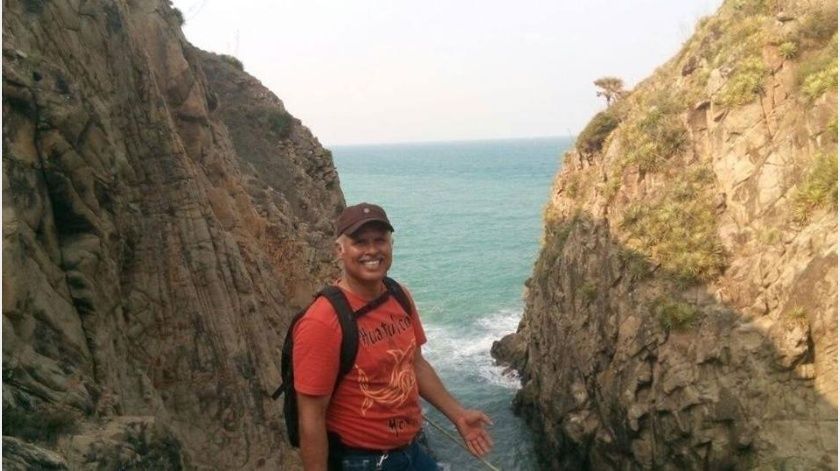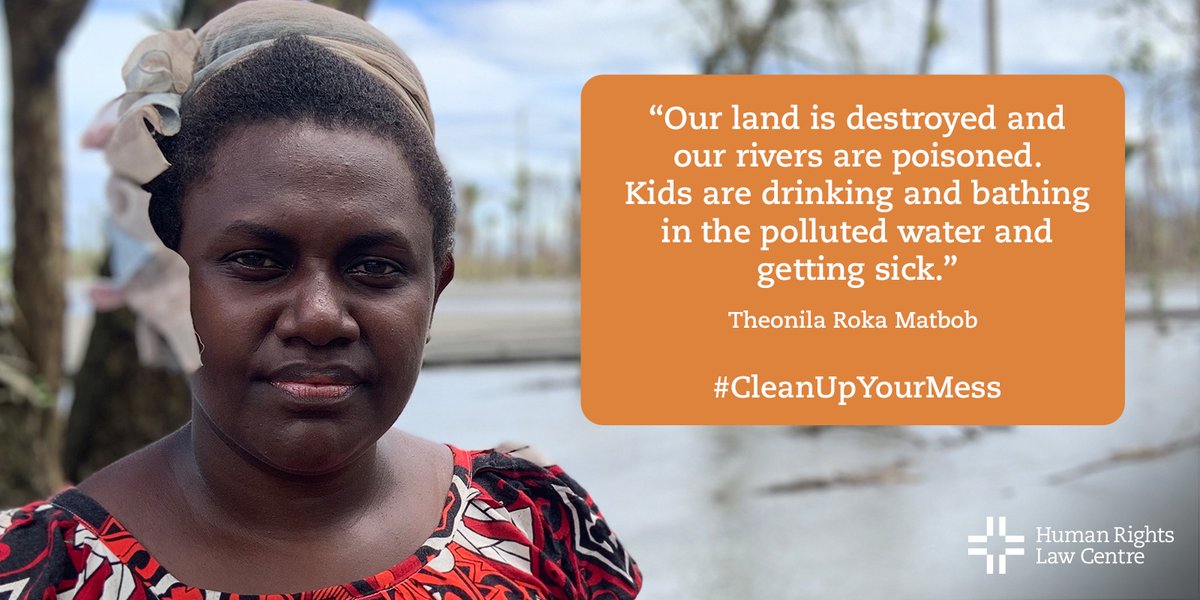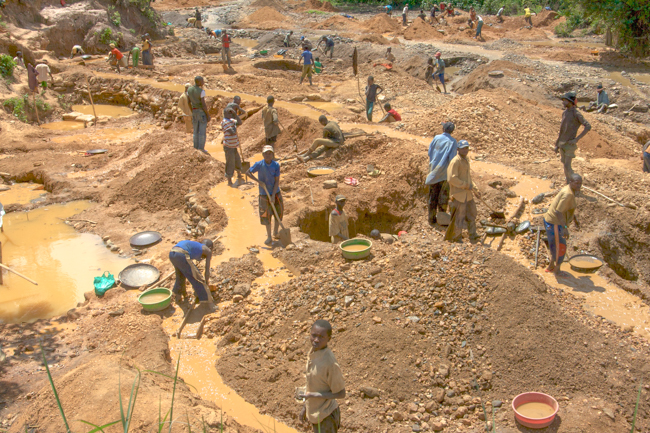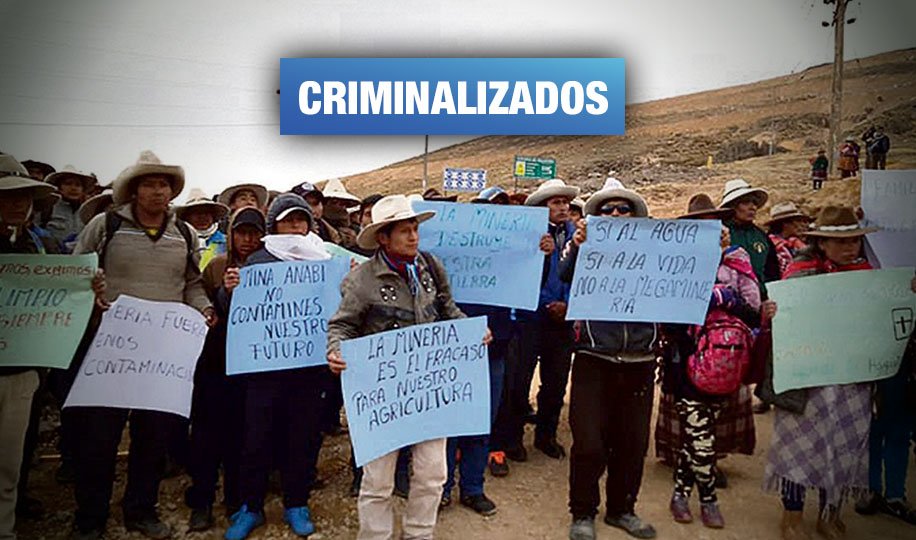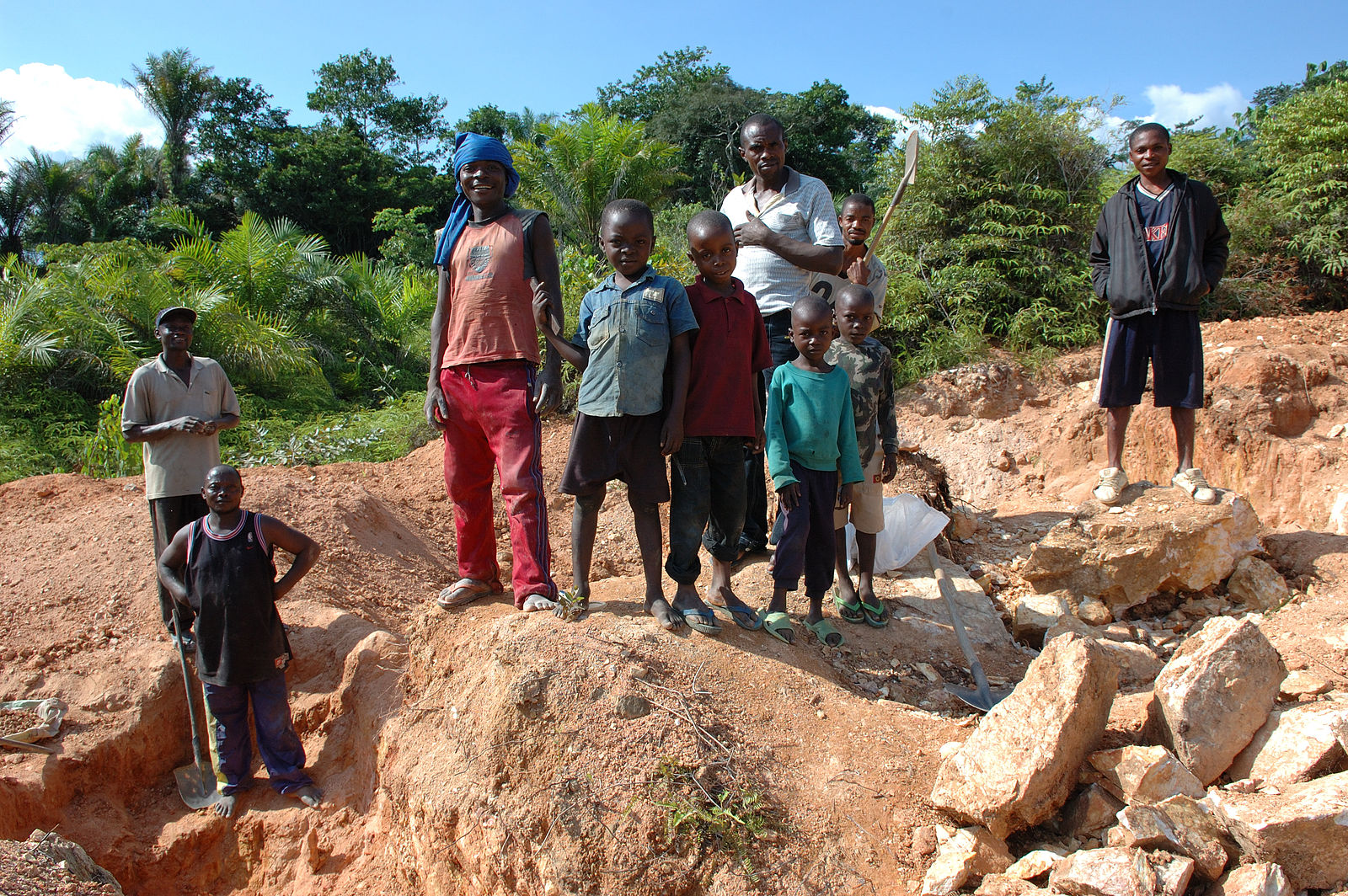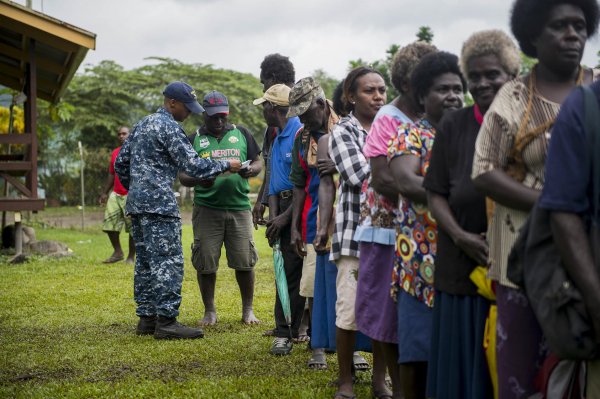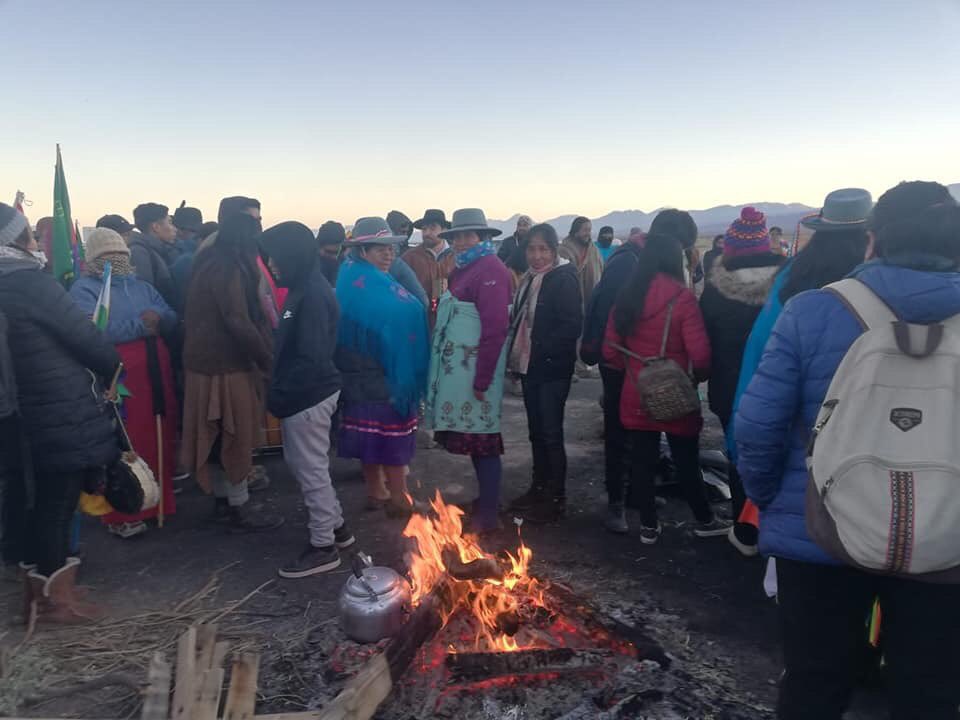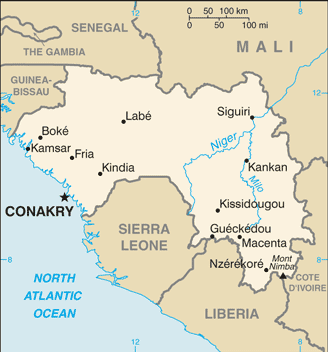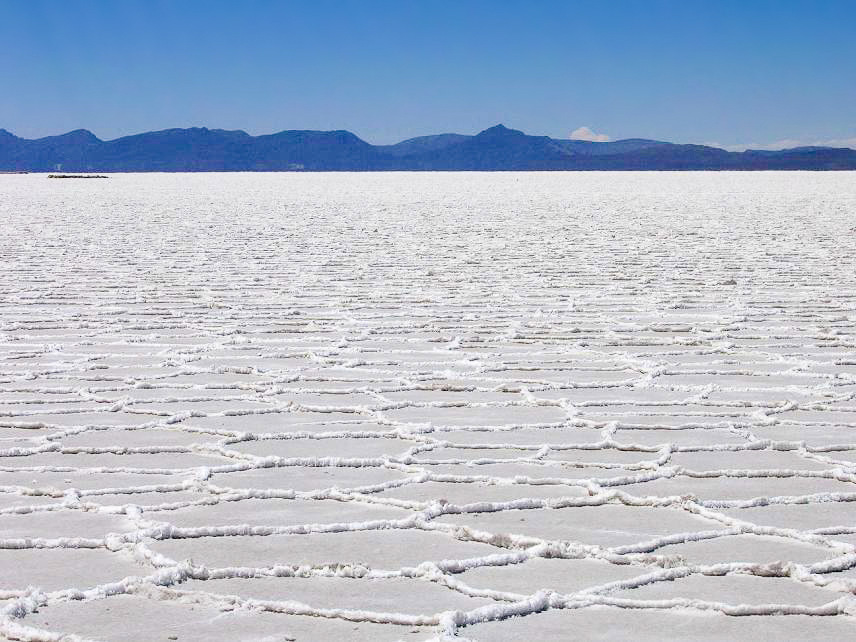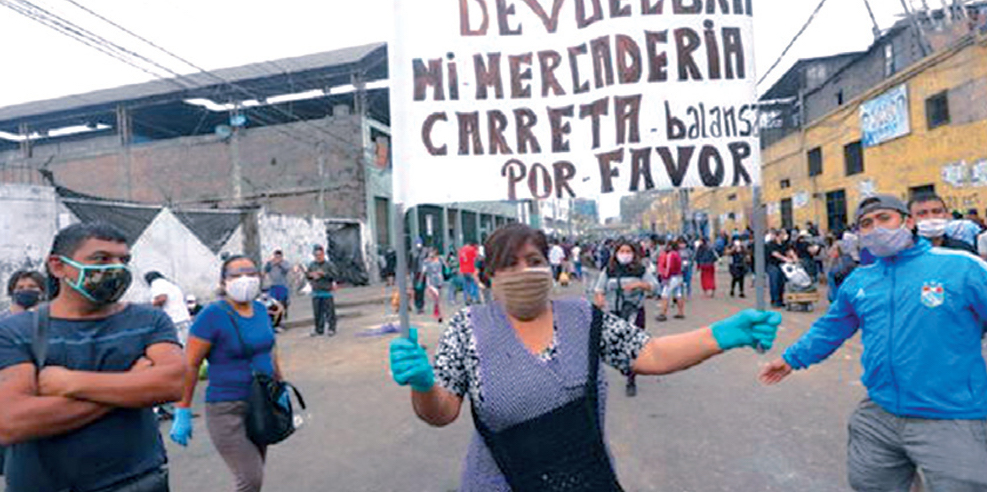
Politicians exploit COVID-19 in Peru, Bolivia
Peru’s right-wing opposition leader Keiko Fujimori, who had been jailed while corruption charges are pending against her, was released from pre-trial detention, ostensibly on fears she could be exposed to the coronavirus. Of course there has been no general discharge from Peru’s dangerously overcrowded prisons, and anti-corruption prosecutors are protesting her release as “illegitimate.” Ironically, Fujimori’s release comes just as the Peruvian government issued a decree authorizing mining operations to resume in the country. Bolivia has likewise ordered operations to resume at the country’s mines—while interim president Jeanine Añez, who came to power after Evo Morales was ousted last year, has invoked the pandemic to indefinitely postpone new elections. (Photo: Diaro Uno)




